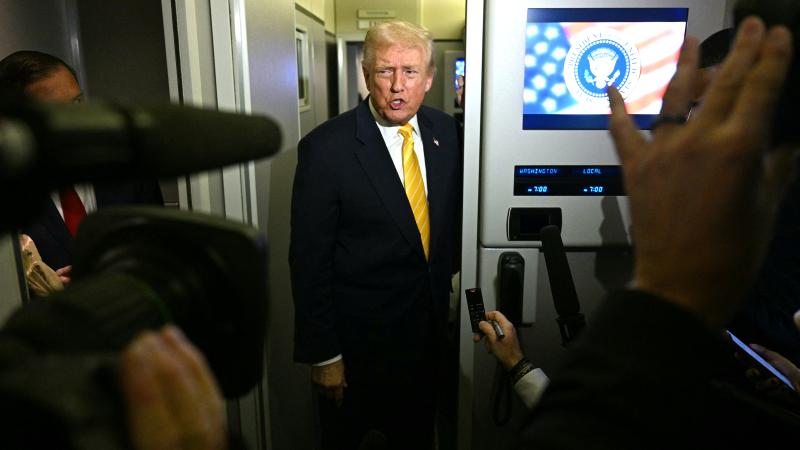Colorado leads six states in $175M fraud lawsuit against pharmaceutical company
Joining Colorado in the 52-page lawsuit are Georgia, Michigan, North Carolina, Texas and Washington.
Colorado Democratic Attorney General Phil Weiser is leading six states in a lawsuit against a pharmaceutical company for inflating a medication price for reimbursement by state Medicaid programs.
The lawsuit alleges New York-based Regeneron Pharmaceuticals participated in a scheme resulting in the submission of tens of thousands of false claims to state Medicaid programs, resulting in millions of dollars in losses to the states.
“Companies that defraud Medicaid are undermining health care services and cheating the public,” Weiser said in a statement. “We are committed to holding such companies accountable and protecting Colorado health care funds.”
The company manufactures and sells Eylea, a drug injected into the eye to treat forms of macular degeneration and other conditions. It’s approved by the U.S. Food and Drug Administration.
Joining Colorado in the 52-page lawsuit are Georgia, Michigan, North Carolina, Texas and Washington. The federal-state Medicaid programs spent more than $175 million on Eylea during a 10-year period.
The Medicaid programs used the company’s average sales price to determine reimbursement. The price was reported by Regeneron to the federal Centers for Medicare and Medicaid Services.
The lawsuit states the Colorado Medicaid program reimbursed providers more than $30 million for more than 10,000 fee-for-service claims for Eylea during an eight-year period and continues to pay reimbursements for claims for the drug.
The complaint alleges the company failed to include all price concessions for Eylea when it submitted its average sales price to the federal government.
“…Regeneron has paid hundreds of millions of dollars to subsidize Eylea purchases by reimbursing distributors for credit card processing fees – on the condition that the distributors use these payments to lower the effective price they charged for Eylea to doctors and retina practices using credit cards,” the lawsuit states. “From 2012 to 2021, Regeneron’s credit card fee reimbursements for Eylea purchases exceeded $250 million to just one of its several distributors. Regeneron paid those fees so that doctors and retina practices that purchased Eylea could use credit cards at no additional cost and obtain hundreds of millions of dollars in ‘cash back’ rewards and other credit card benefits on their Eylea purchases.”
The lawsuit was filed in U.S. District Court for the District of Massachusetts. The states are seeking monetary damages and penalties under each state’s false claims act or other state laws.
The U.S. Department of Justice filed a similar lawsuit against the company in April under the whistleblower provision of the federal False Claims Act. The act allows private parties to file an action on behalf of the U.S. and receive a portion of the recovered funds.
“The government alleges that Regeneron manipulated Medicare’s drug pricing process by knowingly failing to report its payment of credit card processing fees as price concessions to its customers,” Joshua Levy, acting U.S. Attorney for the District of Massachusetts, said in a statement. “By doing so, Regeneron greatly inflated the costs of its drug to Medicare over many years and enhanced its revenues. Falsely reported average sales prices cost the Medicare system hundreds of millions of dollars and we will make every effort to prevent such practices.”
















